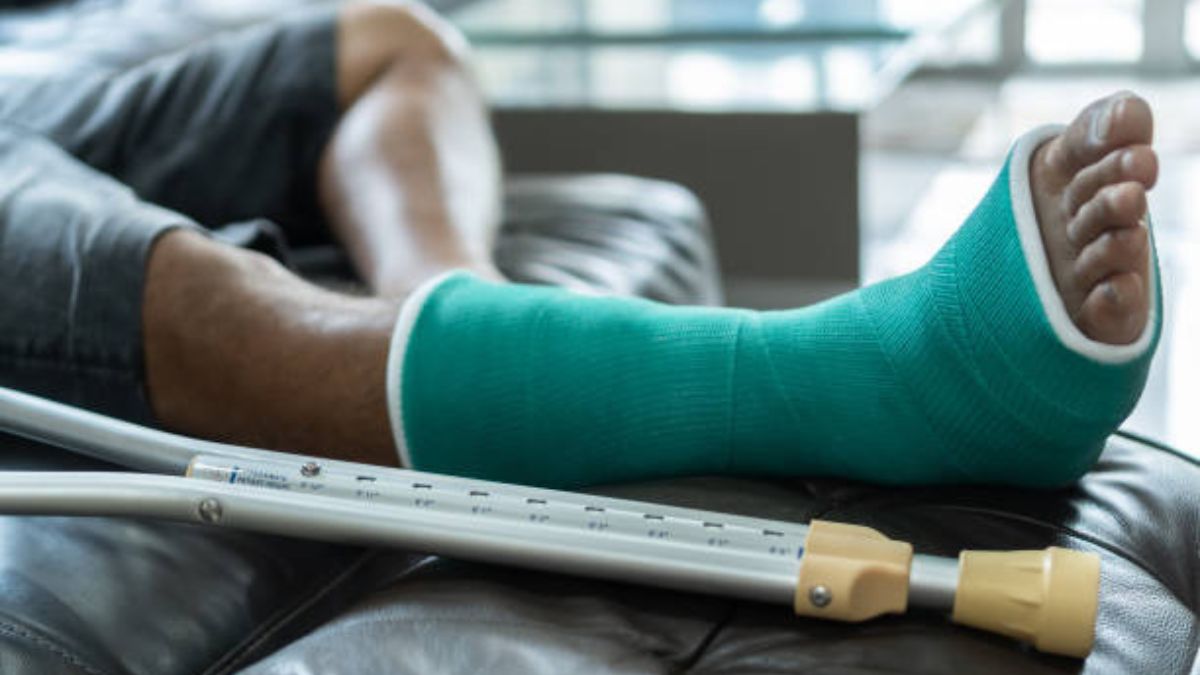Cymbalta Ruined My Life, known scientifically as Duloxetine, is a medication that many turn to in hopes of alleviating the burdens of depression and anxiety. On the surface, it seems like a beacon of hope—a lifeline for those struggling with mental health issues. But what happens when that lifeline becomes a source of pain? For some individuals, including myself, Cymbalta became more than just an antidepressant; it morphed into a nightmare. My journey through withdrawal was not only challenging but transformative in ways I never expected. As I navigated this turbulent path, I discovered the harsh realities surrounding Cymbalta and its potential to disrupt lives rather than improve them. Join me as I share my story—one that serves as both cautionary tale and call to action for anyone considering or currently taking Cymbalta.
Personal Experience with Cymbalta and its Side Effects
I started taking Cymbalta hoping for relief from anxiety and depression. At first, it seemed like a miracle drug. My mood improved, and I felt more in control of my life.
But soon, the side effects crept in. I experienced dizziness that made everyday tasks feel daunting. The fatigue was overwhelming, leaving me exhausted even after a full night’s sleep.
My weight began to fluctuate unpredictably. Some days I had no appetite at all; other times, I craved unhealthy snacks relentlessly.
Perhaps the most troubling aspect was the emotional numbness that settled over me like a fog. Moments of joy were hard to grasp as if they slipped through my fingers.
As time passed, these adverse effects overshadowed any benefits I initially felt from the medication. What began as hope turned into an exhausting struggle—a journey through uncertainty and frustration.
The Reality of Cymbalta Withdrawal
Cymbalta withdrawal can feel like navigating a storm. For many, the experience is not just uncomfortable but debilitating. The sudden absence of the medication often leads to physical and emotional symptoms that can be overwhelming.
Common effects include brain zaps, dizziness, and flu-like symptoms. These sensations are alarming for those who thought they were on the path to recovery. Anxiety levels may surge as well, making daily life increasingly difficult.
It’s essential to recognize that these reactions vary widely among individuals. Some might face minor discomfort while others endure severe challenges during this transition period.
Seeking professional guidance is crucial when considering stopping Cymbalta. Self-managing withdrawal without support can amplify struggles and lead to deeper despair. Understanding what lies ahead prepares you better for this daunting journey back to wellness.
Support Groups and Communities for Those Struggling with Cymbalta Withdrawal
Support groups and online communities can be lifelines for those grappling with Cymbalta Ruined My Life. These spaces provide a safe haven to share experiences, fears, and triumphs.
Connecting with others who truly understand your struggles creates a sense of belonging. No one feels isolated in these forums; the shared stories foster empathy and encouragement.
Many find solace in discussing strategies for managing symptoms or coping mechanisms that have worked for them. Whether it’s through Facebook groups, Reddit threads, or dedicated websites, you’ll discover countless voices echoing similar battles.
Moreover, these communities often highlight resources like therapists specializing in medication withdrawal. They offer guidance on what to expect during recovery and how best to navigate the emotional rollercoaster.
As you connect with others on this journey, remember that support is an essential part of healing. You’re not alone in this fight against withdrawal; there are many ready to lend an ear or share advice.
Steps to Take if You are Considering Stopping Cymbalta
If you’re thinking about stopping Cymbalta, the first step is to consult your healthcare provider. Open a dialogue about your concerns and intentions. They can guide you through the process safely.
Next, consider a gradual tapering approach. Abruptly halting medication can lead to severe withdrawal symptoms. A slow reduction in dosage allows your body time to adjust.
Document any changes you experience along the way. Keeping track of feelings, side effects, or mood swings can help both you and your doctor understand how you’re responding.
Seek support from friends or family during this transition phase. Having someone who understands your journey makes it less isolating.
Explore alternative therapies or treatments that may suit your needs better. Whether it’s therapy, lifestyle changes like diet and exercise, or other medications—finding what works for you is essential in this new chapter of recovery.
Alternative Medications and Therapies for Mental Health Treatment
When considering alternatives to Cymbalta Ruined My Life, numerous options exist. Natural supplements like St. John’s Wort and omega-3 fatty acids have shown promise in alleviating depression symptoms.
Therapies such as cognitive-behavioral therapy (CBT) are effective for many individuals. CBT focuses on changing negative thought patterns, leading to improved mental health outcomes.
Mindfulness practices, including meditation and yoga, can also play a significant role. They help reduce anxiety and enhance emotional well-being through relaxation techniques.
Acupuncture is another avenue worth exploring. Some find relief from their symptoms through this ancient practice that promotes balance within the body.
For those open to new experiences, art or music therapy provides a creative outlet for processing emotions. Engaging with artistic endeavors fosters healing in unique ways.
It’s essential to consult healthcare professionals before making any changes to your treatment plan. A tailored approach often yields the best results for managing mental health challenges.
Conclusion: Importance of Educating Yourself and Advocating for Proper Healthcare
The journey through Cymbalta Ruined My Life, whether in use or withdrawal, is fraught with challenges. Many individuals find themselves caught in a cycle of dependency that can feel overwhelming. It’s crucial to understand the potential side effects and the realities of discontinuing this medication.
Educating yourself about how Cymbalta affects your body is essential. Knowledge empowers you to make informed decisions regarding your mental health treatment options. Don’t hesitate to research extensively and engage with healthcare professionals who can provide clarity on your situation.
Advocacy plays a significant role as well. Speak up about your experiences, both good and bad. Share stories within support groups or online communities; you may find others facing similar struggles who can offer comfort and advice. Being proactive about your health means asking questions, seeking alternatives, and pursuing treatments that align better with your personal needs.
As daunting as it may seem at times, advocating for proper healthcare ensures that you receive the best possible support tailored just for you—leading towards recovery rather than despair from any medication like Cymbalta that might have impacted your life negatively.















